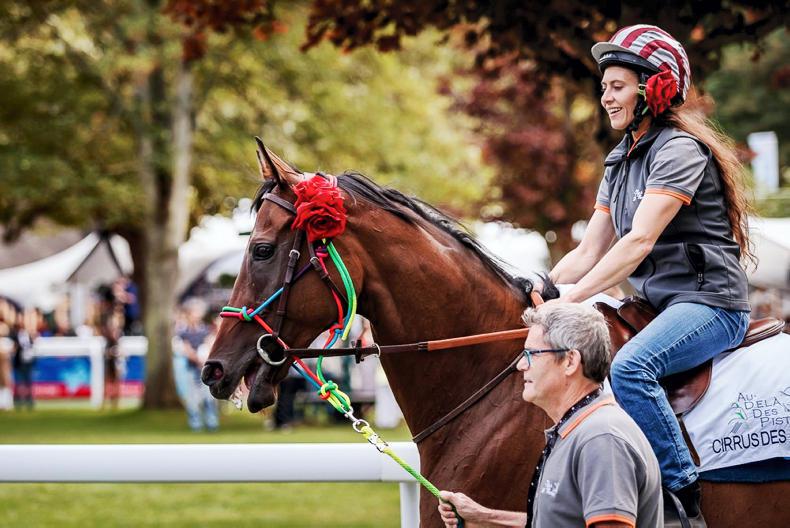THE ways that racehorses are treated after they are ‘retired’ has been a source of contention for a long time.
However, those in the racing world have begun to take the issue seriously and take steps to improve things. What it is important to realise is that just because a horse cannot race anymore it does not mean that its life is over, as there are plenty of potential second careers.
NEW DISCIPLINES
While it may seem odd to talk about second careers for horses, these animals can potentially learn new skills after retirement just as a human can. Retraining of Racehorses (RoR) is a charity that that raises money to find them new roles and homes, as well as making people aware that they can be taught to take on a range of other equestrian disciplines. Among the new ‘careers’ that ex-racehorses move into after being retrained by RoR are team-chasing, show-jumping and point-to-point racing, with the latter perhaps being a particularly good transition for former competitive racers due its similarity.
The woman who created RoR, Di Arbuthnot, told the media that the majority of these horses settle remarkably well into their new lives. There are certainly plenty of examples of horses that have made the adjustment to other kinds of equestrian disciplines very successfully: for example two former off-the-track thoroughbreds named Exponential and Exploring. They are now owned by Jessica Phoenix, an athlete from Canada who has competed at the Olympics and who has ridden them in competitive eventing races at the World Equestrian Games and the Pan American Games.
According to Arbuthnot, 66% of the nearly-3,000 horses that RoR takes on each year are registered for other competitive disciplines like eventing, showing and dressage, while the other 33% become hack horses taking part in ordinary riding or simply as pets.
OUTSIDE OF COMPETITION
This is not to suggest that the only future for former racehorses is to switch to other competitive disciplines or be put out to pasture, as another field that has opened up to them is that of therapy. Again this may sound rather strange, but former racehorses can actually help people suffering from a number of physical ailments. Despite its name Hippotherapy has nothing to do with the hippopotamus, it is actually a form of physical therapy whereby horseback riding is used to help with muscle strengthening and speech during injury recovery.
It is used in the treatment of cerebral palsy, strokes, speech disorders and other conditions, with one study finding that children with cerebral palsy only needed 10 sessions of hippotherapy to experience an improvement in their body control. For younger people with a natural love of animals this can be a form of therapy that combines fun with real results.
Retirement from horseracing need not be the end for horses, as new roles in and out of competition are waiting if we are willing to help them find the right one.




 This is a subscriber-only article
This is a subscriber-only article
 It looks like you're browsing in private mode
It looks like you're browsing in private mode





SHARING OPTIONS: